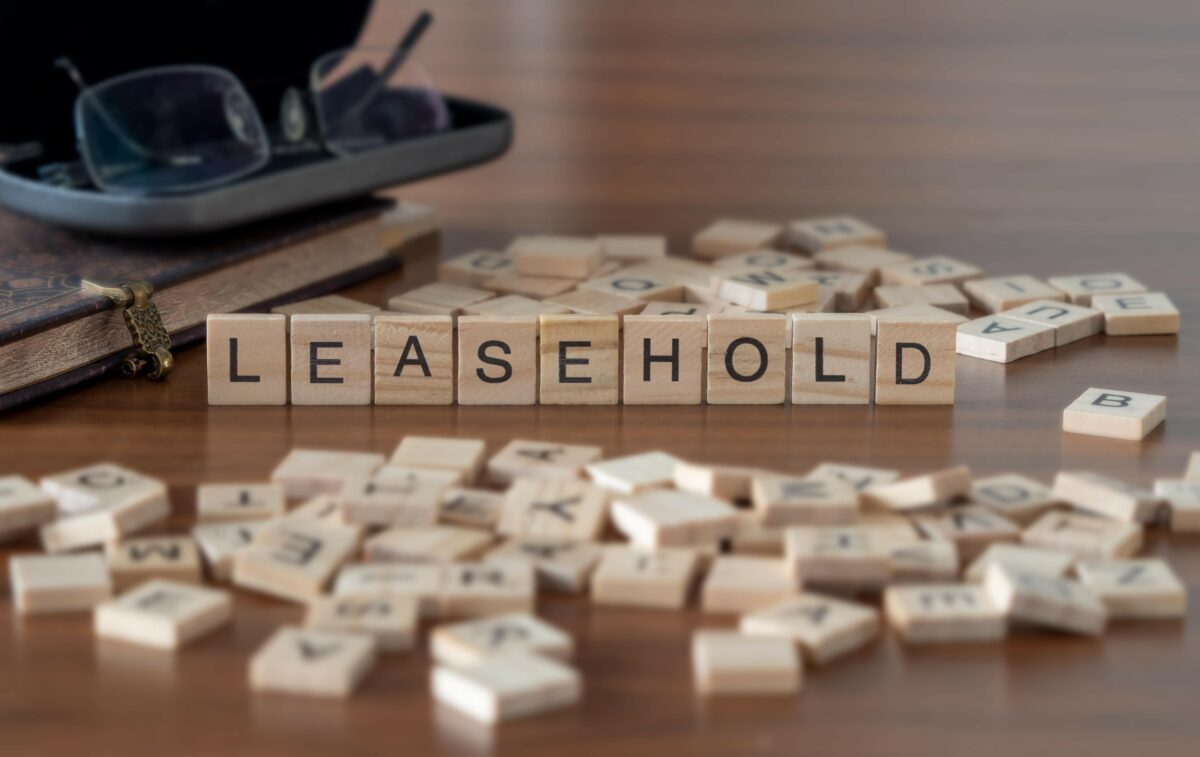Darren Bagnall from Manage Your Block, looks at the Leasehold Reform (Ground Rent) Act 2024 and also touches on significant 2024 court cases that have impacted leasehold disputes.
Leasehold reform has taken centre stage in recent years and 2024 has been no exception. At the top of the list have been regulatory and legal updates aimed at addressing issues such as building safety, reducing ground rent costs, encouraging enfranchisement and smoothing the route for lease extensions.
The Leasehold Reform (Ground Rent) Act 2022 came into force in June 2022 and has been pivotal to these changes, setting the stage for a broader shift in leasehold rights and policies.
The Leasehold Reform (Ground Rent) Act 2022
The Leasehold Reform (Ground Rent) Act 2022 was a milestone in UK property reform, primarily targeting unfair ground rent practices. The Act effectively prohibits landlords from charging ground rents on new leasehold properties. Ground rent for most new leases is now capped at a nominal amount, effectively set at zero for many.
This change has saved prospective buyers from a significant financial burden that did not provide them with anything in return. Buyers also now have clearer and fairer ground rent expectations on new leases.
However, the new rules only apply to new leases; older leases with archaic ground rent terms continue to be governed by their original agreements. In these cases, leaseholders can pursue lease extensions as a potential method to reduce or eliminate ground rent charges.
Progress for Leasehold Enfranchisement
The Leasehold and Freehold Reform Act 2024 has now been given Royal Assent. This Act is a set of reforms that will make it easier for leaseholders to buy the freehold or extend their lease. Secondary legislation is needed to give effect to the reforms – this is expected in 2025 to 2026.
The Act will make it easier and cheaper for leaseholders to buy their freehold and extend their lease, reducing the associated costs and providing leaseholders with greater security and routes for redress.
When the Act comes into full effect, leaseholders will have the option to extend their lease by up to 990 years at zero ground rent. Although this change has not yet been fully implemented, it represents a shift toward a more equitable arrangement, reducing the financial and administrative barriers historically associated with leasehold extensions.
Commonhold Reform
Another significant area of reform is the promotion of commonhold ownership as an alternative to traditional leasehold ownership. Commonhold allows individuals to own their flat or unit outright, while collectively managing shared spaces such as common rooms, gardens and hallways.
The uptake of commonhold is still low, partly due to the complexity of transitioning existing leasehold properties to commonhold and the need for widespread adoption among property developers.
As mentioned in the 2024 King’s Speech, the UK Government is continuing to explore ways to encourage uptake, including legislative changes and financial incentives. A leasehold and Commonhold Reform Bill is expected following a consultation in the coming months.
Building Safety Reforms
In response to the Grenfell Tower tragedy, building safety reform has been a significant area of focus, especially for leasehold properties in high-rise buildings. The Building Safety Act 2022 introduced a range of new requirements for building safety, placing more responsibility on landlords and property managers to ensure that buildings meet high safety standards.
For leaseholders, these reforms have brought some relief, particularly through the introduction of the Building Safety Fund, which aims to address cladding and other safety issues in affected buildings without passing costs on to leaseholders.
However, the implementation of these reforms has faced challenges, with many leaseholders still waiting for remedial work and bearing the emotional and financial burden of living in unsafe buildings. Ensuring building safety in the leasehold sector remains an ongoing priority with additional support and accountability measures expected in 2025.
Notable Court Cases and Their Impact
There have been some important developments in 2024 with several court cases shaping the rights and responsibilities of leaseholders and freeholders. Cases addressing disputes over service charges, ground rents and enfranchisement costs have set new precedents, clarifying the application of leasehold laws and providing additional protections for leaseholders.
One significant 2024 case (‘Tower Hamlets Community Housing Ltd v Leaseholders of Painter House’) involved a dispute over unreasonable service charges. The court ruled in favour of the leaseholders, citing the importance of service charge transparency and fairness in their calculations.
Another case from 2023 (“Aviva Investors Ground Rent GP Ltd v Williams”) reinforced leaseholders’ rights to challenge excessive ground rent terms in existing leases. The case emphasised the need for fair and reasonable lease agreements.
In Summary
The sheer volume of reform in recent years demonstrates the Government’s commitment to addressing longstanding issues in the leasehold sector. The reforms in place and the laws to come are certainly improving the situation for many leaseholders, but there is still some improvement to be made.
Eventually (most likely before the 2029 general election), it is expected that the leasehold sector will be abolished completely. But until then, there is much to be done.
Full leasehold reform remains a work in progress, with many changes still in the process of being fully implemented.
Manage Your Block aren’t here to tell you how to run your block of flats, but we can provide you with highly specialised software to make the management of your block much easier. Call us for more details on 0333 577 9070 or email info@manageyourblock.co.uk.


